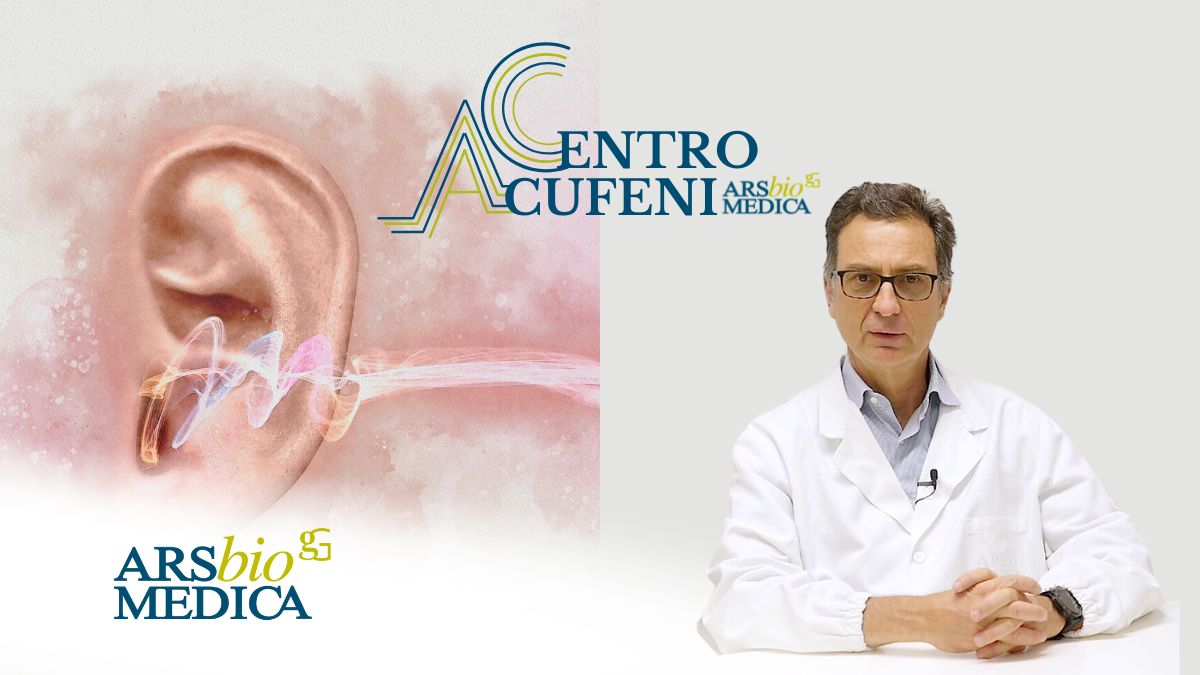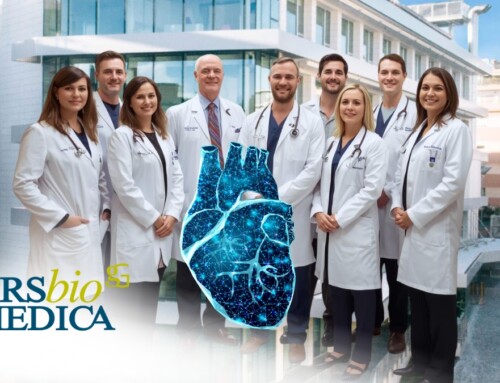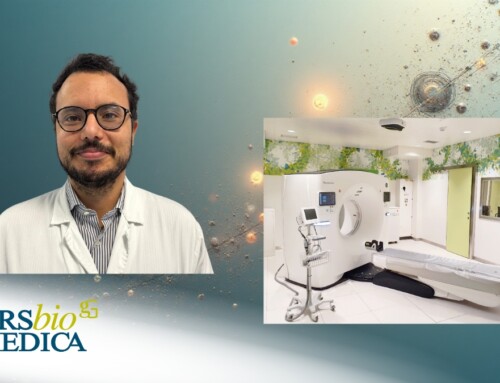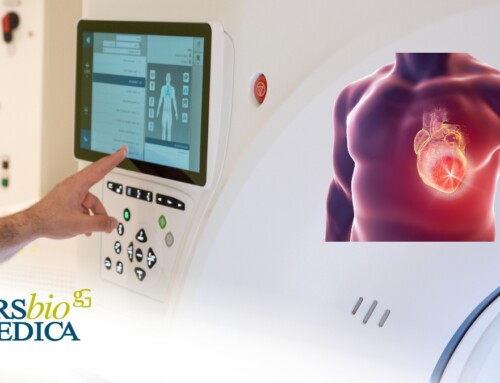
Articolo del 12/12/2024
Tinnitus: A Common Condition
What Is Tinnitus? Can It Be Diagnosed Early?
We discussed these questions with Professor Stefano Di Girolamo, ENT specialist and head of the Tinnitus Center at Arsbiomedica Clinic.
Tinnitus manifests as ringing, buzzing, hissing, or pulsating sounds that may be constant or intermittent. While the exact cause is not always identifiable, several triggering factors and associated conditions are well-documented:
1. Ear-Related Conditions
- Hearing Loss: Tinnitus often accompanies hearing loss, especially age-related hearing decline (presbycusis) or acoustic trauma.
- Otitis: Middle or inner ear infections can cause inflammation and alter sound perception.
- Acoustic Neuroma (Vestibular Schwannoma): This benign nerve tumor may present with tinnitus, frequently alongside hearing loss and dizziness.
- Ménière’s Disease: Characterized by tinnitus, vertigo, and fluctuating hearing loss.
2. Systemic Conditions
- Hypertension: High blood pressure can influence sound perception.
- Temporomandibular Joint (TMJ) Disorders: Joint dysfunction may contribute to tinnitus through muscular or neural tension.
3. Ototoxic Medications
Certain drugs, including aminoglycoside antibiotics, diuretics, and some chemotherapy agents, can induce or exacerbate tinnitus.
The Importance of Early Diagnosis
Early diagnosis of tinnitus is crucial for identifying its underlying causes and initiating appropriate treatments to minimize the risk of chronicity. Consulting an ENT specialist is the first essential step in addressing tinnitus effectively.
A timely evaluation can also rule out underlying conditions such as middle ear diseases, acoustic nerve tumors, or cardiovascular issues, guiding the patient toward the most suitable therapeutic path. Addressing tinnitus promptly can significantly improve quality of life and reduce the long-term impact of this challenging condition.
Where to Begin with Diagnosing Tinnitus?
While there is no definitive cure for tinnitus, targeted strategies can significantly alleviate its symptoms. The first step involves a thorough evaluation to identify any underlying causes.
The diagnostic process begins with a detailed medical history to uncover potential triggers, followed by a focused examination of the auditory system and related structures. Specific audiological tests, such as tonal audiometry and tinnitus matching, are often required. In some cases, advanced imaging techniques like magnetic resonance imaging (MRI) or computed tomography (CT) may be necessary to rule out more serious conditions.
How to Manage Tinnitus
Tinnitus management aims to reduce symptoms and enhance quality of life. Here are some effective strategies:
- Avoid complete silence: Staying in completely quiet environments can amplify tinnitus perception. Using ambient sounds like white noise or calming music can help reduce discomfort.
- Practice relaxation techniques: Stress and anxiety can exacerbate tinnitus. Activities such as meditation, yoga, or biofeedback can promote overall well-being.
- Use auditory devices: For those with hearing loss, hearing aids or devices with sound generators can mask tinnitus and improve auditory function.
- Reassurance through accurate diagnosis: Understanding the nature of tinnitus and ruling out serious underlying conditions can alleviate anxiety and help reduce symptoms.
- Consider medications or supplements: If advised by a doctor, certain products can aid relaxation and improve sleep quality.
A personalized, multidisciplinary approach is often key to effective management, helping minimize tinnitus’s impact on daily life.
Why Choose the Tinnitus Center at Arsbiomedica Clinic?
The Tinnitus Center at Arsbiomedica Clinic is a leading facility for the diagnosis and treatment of tinnitus, leveraging a multidisciplinary approach and cutting-edge technology. Here are the key advantages:
1. Advanced and Specialized Audiological Tests
The center conducts comprehensive evaluations, including tonal audiometry and tinnitus matching to assess intensity and frequency. Tests like auditory brainstem responses (ABR) and otoacoustic emissions (OAE) are used to detect cochlear or neurological damage.
2. In-House Advanced Imaging
The clinic is equipped with state-of-the-art imaging tools, such as on-site MRI, focusing on critical areas like the auditory nerve and inner ear. These capabilities help rule out underlying conditions such as acoustic neuromas.
3. Expert Multidisciplinary Team
Led by Professor Di Girolamo, the center’s team includes specialists in tinnitus management. Collaboration with cardiologists, endocrinologists, psychologists, and physiatrists ensures comprehensive evaluation and tailored treatments.
4. Innovative and Personalized Therapies
The center offers advanced treatments, including:
- Personalized sound therapy.
- Electromagnetic wave stimulation.
- Hearing aids with masking functions.
- Cognitive-behavioral therapy (CBT) aimed at rebalancing the auditory system and enhancing patients’ quality of life.
Take the First Step Toward Relief
Tinnitus can be a challenging condition, but with the support of a specialized, multidisciplinary team and targeted strategies, it is possible to manage and reduce its impact. Early intervention is crucial—consulting an ENT specialist is the first step to restoring auditory well-being.






